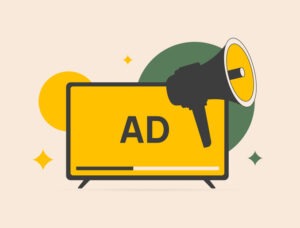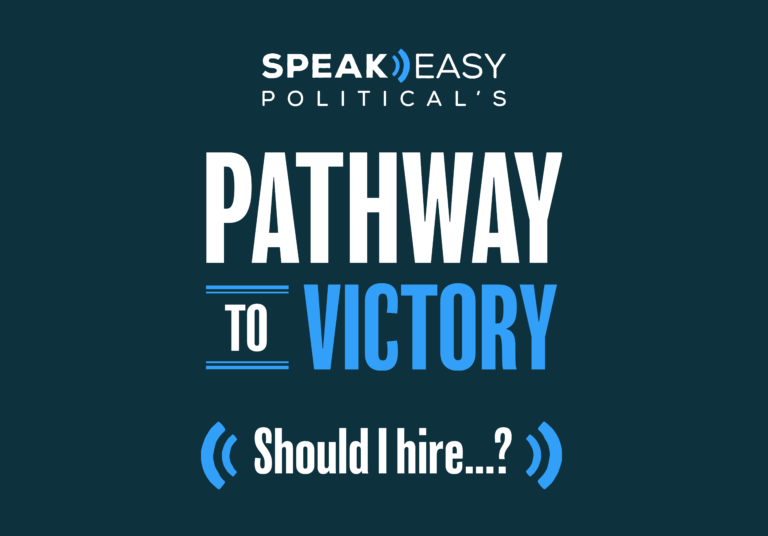Should I hire a pollster?
Perhaps. If your campaign is planning to spend more than $150,000 — then yes. Here is how we do the math. The cheapest phone poll is $15,000 — and we are pretty sure a good poll will make your campaign at least 10 percent better. But if you have a small budget, your money would be better spent elsewhere. If you have a very specific question to ask — you can look at “robo” polling — polls taken with automated phone calls. But be careful. The margin of error for these surveys can be higher than with other surveys.
Should I hire a campaign manager?
Maybe. You should try and keep 70% to 80% of your budget for voter contact — meaning emails, mailers, Facebook ads and walk pieces (okay, maybe some signs). Say you have a $100,000 budget — then yes, you probably should hire a manager to help you for $3,000 a month for 5 months. But if you have a $25,000 budget, it might be better not to hire a manager. The reality is most first-time candidates rely on volunteer managers or a committee of friends and family to guide them.
Should I hire a consultant?
Look, we are political consultants, and even we have to admit in most instances for a first race on a small budget, you probably should not hire a consultant. There are some great consultants out there but not many will take a first-time candidate on a small budget. Is there a local person with a great track record who will work at a low cost? Maybe. But most first-time candidates win without professional advice or with limited professional advice. One of the key reasons why we created a new tool for candidates, SpeakEasyPolitical.com was to make sure that first-time candidates without consultants had access to high-quality media necessary to win their campaigns.
Should I hire a digital consultant?
Keep your overhead low. If you have a $200,000 campaign and you have spent $15,000 for a manager, then you might be able to spend $15,000 more for other consultants, like a digital consultant. But the reality is you can probably figure the basics out yourself or find someone in your community of supporters who has a good idea how to proceed.
Remember, almost all the basics of a good digital strategy rest with you anyway. With every conversation on the campaign trail, remember to like or friend them on Facebook, connect on LinkedIn and follow on Twitter the person you are talking with. That means they are very likely to do the same — growing your organic audience. Make sure to share some relevant content nearly every day — and certainly every day in the last few months of your campaign.
Yes, you can advertise your fundraising appeals. But also use tools like Facebook Live to build a greater audience for the big debate or your big speech in front of the Rotary Club. Share articles you think are interesting about your race or your community, and those that reinforce your position on issues. If something personal, touching or funny happens on the campaign trail, share that also. Pictures are better than text and video is best of all.
Should I hire a data scientist or data analytics firm?
Again, probably not. Most data analytics help you target voters based on a multitude of characteristics. In your race, you should try to reach every likely voter you can. This means you should spend more time focusing on how to reach this broader target rather than leaving people out. Here at SpeakEasy, we are a big believer in and practitioner of data science and analytics. But in a small race, stay focused on basic numbers — how many calls did you make today, how many doors did you knock on, how many voters pledged their vote, how many visits did your website get, and how many new people joined your social media communities? Staying focused on these numbers and how to improve them is a strong start.
PRO TIP: How do I decide on a texting service? Some texting service vendors you can use include Trumpia, Hustle, and ThruText, but we recommend you look into which ones best suit your goals and tactics (some require users to opt-in, send a text to one user, or multiple users at once, etc.).
Looking for more information about what it takes to run for office? Download our e-book designed to walk candidates through the process of running – and winning – their first political campaign. And be sure to check out more from our Pathway to Victory series!




